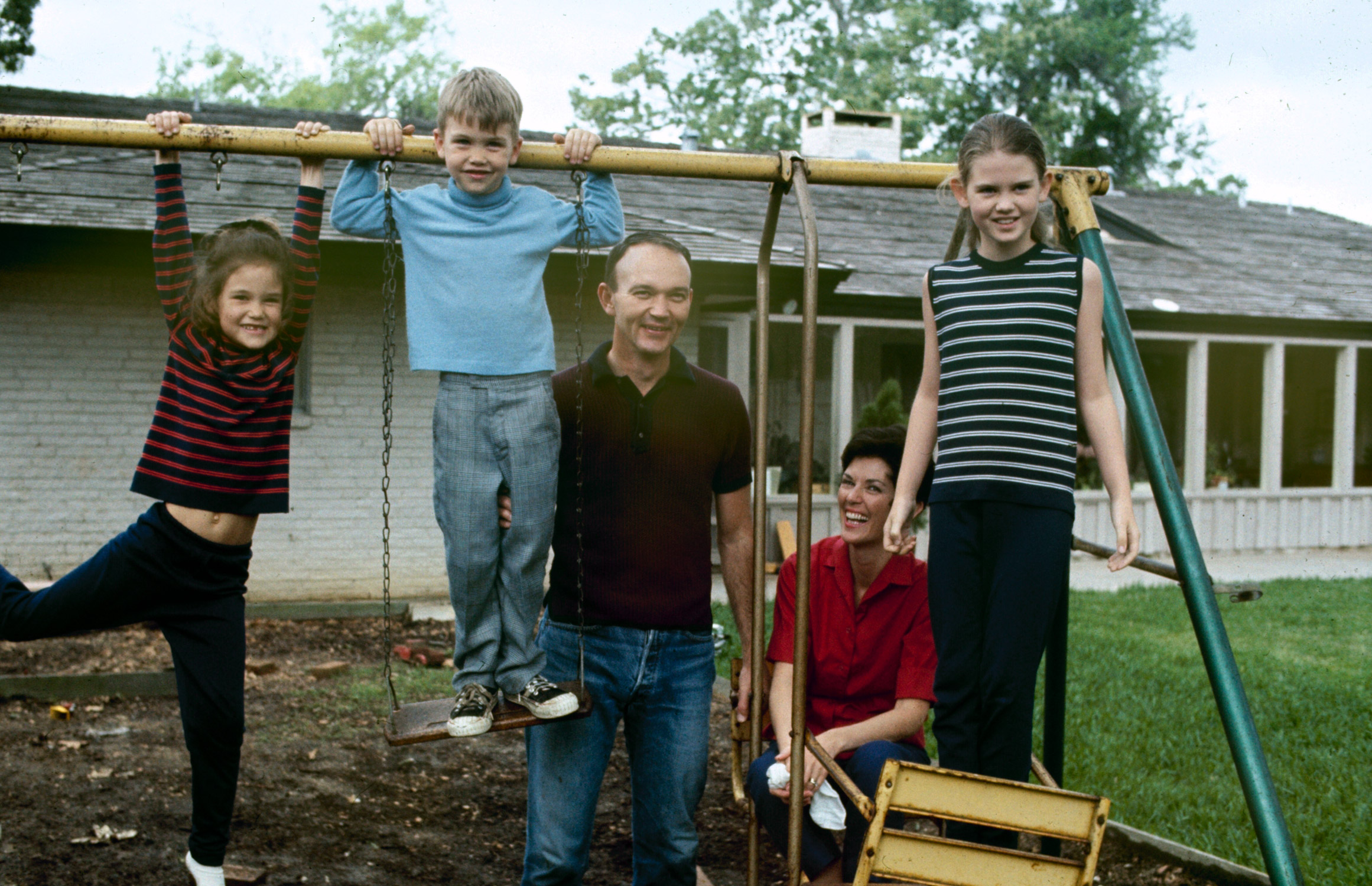
If an uninteresting word ever passed Michael Collins’ lips, no one was ever around to hear it. That’s saying something because Collins, who turns 85 on October 31, was a NASA astronaut—part of the third group of spacemen selected for the program, in 1963—and astronauts were not known for their lyricism. They were test pilots, engineers, military men, and for them, poetry was not remotely part of the mission.
Now and again one of them would be pressed for something lyrical, as was Neil Armstrong, Collins’ commander on the Apollo 11 mission. Apollo 11 was the first lunar landing and Armstrong would be the first down the ladder and onto the moon, so the words he’d use to mark the moment were a matter of much speculation. Armstrong did a serviceable job with his “one small step, one giant leap” formulation, though it had a certain self-consciousness, a certain awareness of the largeness of the moment and the need for something memorable to be said. That freeze-dried the line before it could even be spoken.
Buzz Aldrin, second down the ladder, was freed from the weight of history and thus could speak his mind more spontaneously as he looked around at the lunar wasteland. “Beautiful, beautiful,” he murmured, “magnificent desolation.” It was as delicious an oxymoron as you could hope for, but as with most astronauts, it was more or less a one-off.
Not so in the case of Collins, who, to most space historians’ minds, was the poet laureate of the astronaut class—and has, in the half century since, never lost that title to anyone else. Here is Collins, from his 1974 autobiography Carrying the Fire, on the experience of being in Mission Control when Apollo 8 fired its engine and left Earth’s orbit, on its way to becoming the first manned spacecraft to orbit the moon:
After [the engine burn] there were three men in the solar system who would have to be counted apart from all the other billions, three who were in a different place, whose motion obeyed different rules, and whose habitat had to be considered a separate planet. The three could examine the earth and the earth could examine them, and each would see the other for the first time.
Here is Collins on learning of the deaths of astronauts Gus Grissom, Ed White and Roger Chaffee in a launchpad fire on the evening of January 27, 1967, as he worked in the Houston astronaut office and an assistant named Don Gregory answered the red emergency phone:
After what seemed like a long time, Don finally hung up and said very quietly, ‘Fire in the spacecraft.’ That’s all he had to say. There was no doubt about which spacecraft (012) or who was in it (Grissom-White-Chaffee) or where (Pad 34, Cape Kennedy) or why (a final systems test) or what (death, the quicker, the better).
And here is Collins, on seeing the Earth rising over the lunar horizon as he orbited the moon in July, 1969:
It pokes its little blue bonnet up over the craggy rim and then, not having been shot at, surges up over the horizon with a rush of unexpected color and motion. It is a welcome sight for several reasons: it is intrinsically beautiful, it contrasts sharply with the smallpox below, and it is home and voice for us.
Much was made in 1969 about Collins’ unenviable role as the third man—which meant the fifth wheel—on the Apollo 11 mission, the one who would remain aloft in the orbiting command module, while Armstrong and Aldrin descended to the surface. They would leave footprints, but the only lunar dust Collins would ever see would be what the other two shook off their spacesuits when they returned.
But the people who made the crew assignments at NASA were not fools. They knew they were handling competitive men, swashbuckling men, men who would not just volunteer for, but insist upon, the most ambitious and often dangerous missions possible because doing otherwise would seem like something lesser. The truth was, however, that the man who stayed behind would have to have be something more. He’d need the same fearlessness, the same commitment, but also a groundedness, a thoughtfulness, an ability to look at his mission through many prisms and polarities, and see the sweet fit his role in it made.
“Any flight like this is an extremely long, fragile daisy chain of events,” Collins wrote in the August 22, 1969 issue of LIFE, a month after he returned to Earth. “I figured that any chain as long and as tenuous as this had to have a weak link. Believe me, I spent a lot of time before the flight worrying about that link. Could I be it?”
History records that he most assuredly was not. History records that he piloted his command module well and surely, collected his crew mates when they came up, dirty and exhausted, from the surface of the moon, and brought them all home. Collins, over the decades, has remained what he always was: the rare adventurer who could also be an evocative commentator on the places he went and the things he saw. At 85, a man may find that his energy has flagged, but his poetry need never.
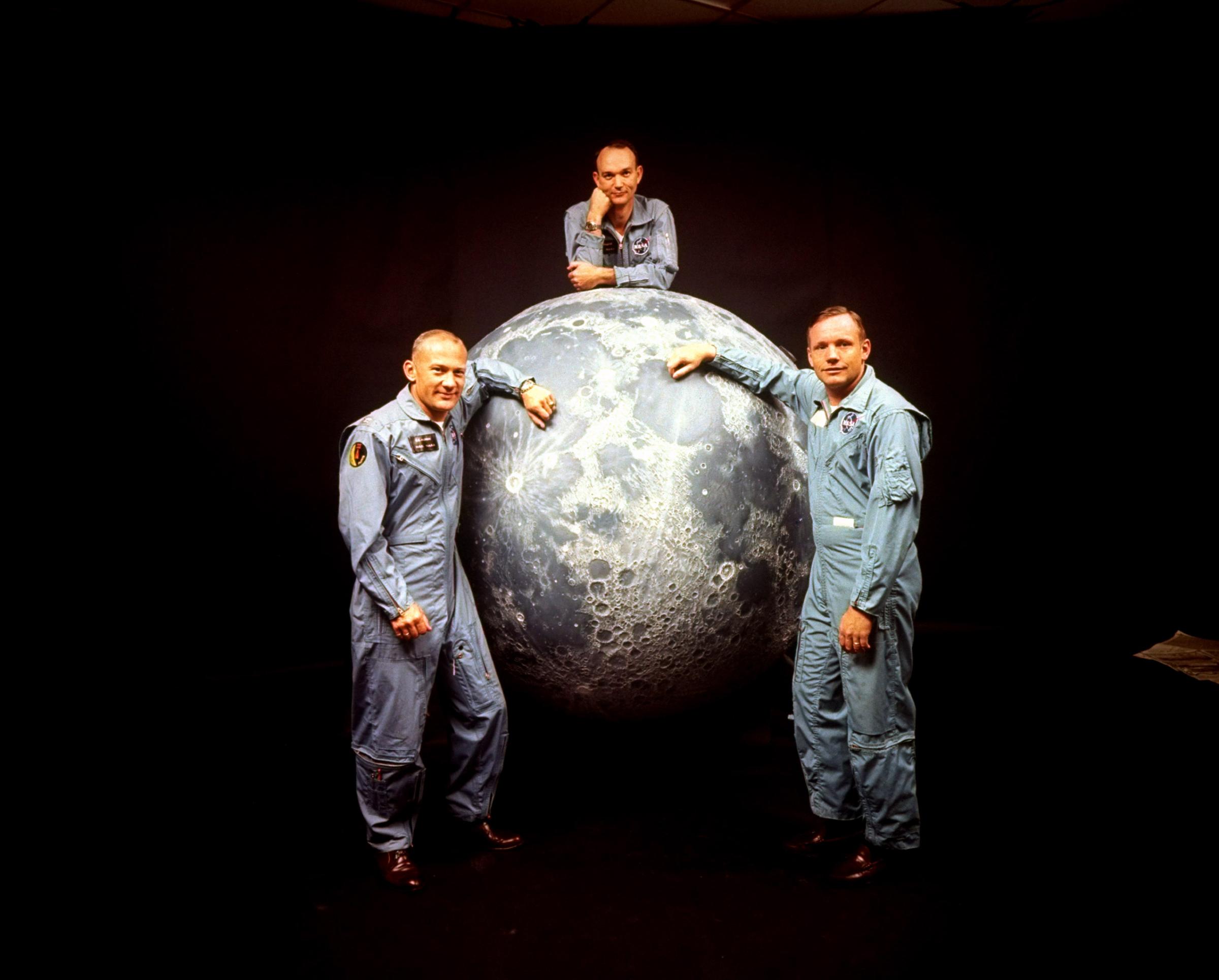
Liz Ronk, who edited this gallery, is the Photo Editor for LIFE.com. Follow her on Twitter @lizabethronk.
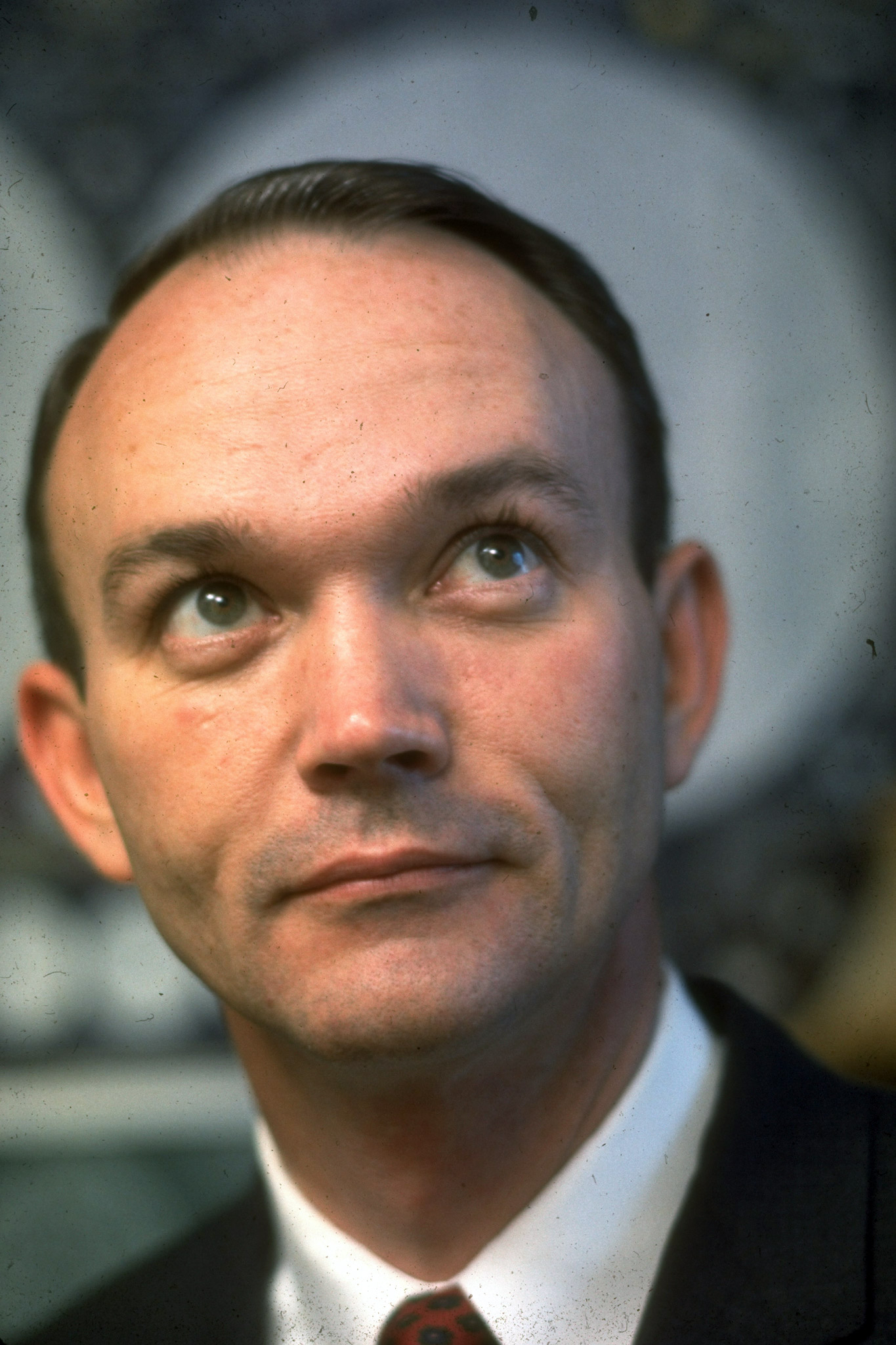
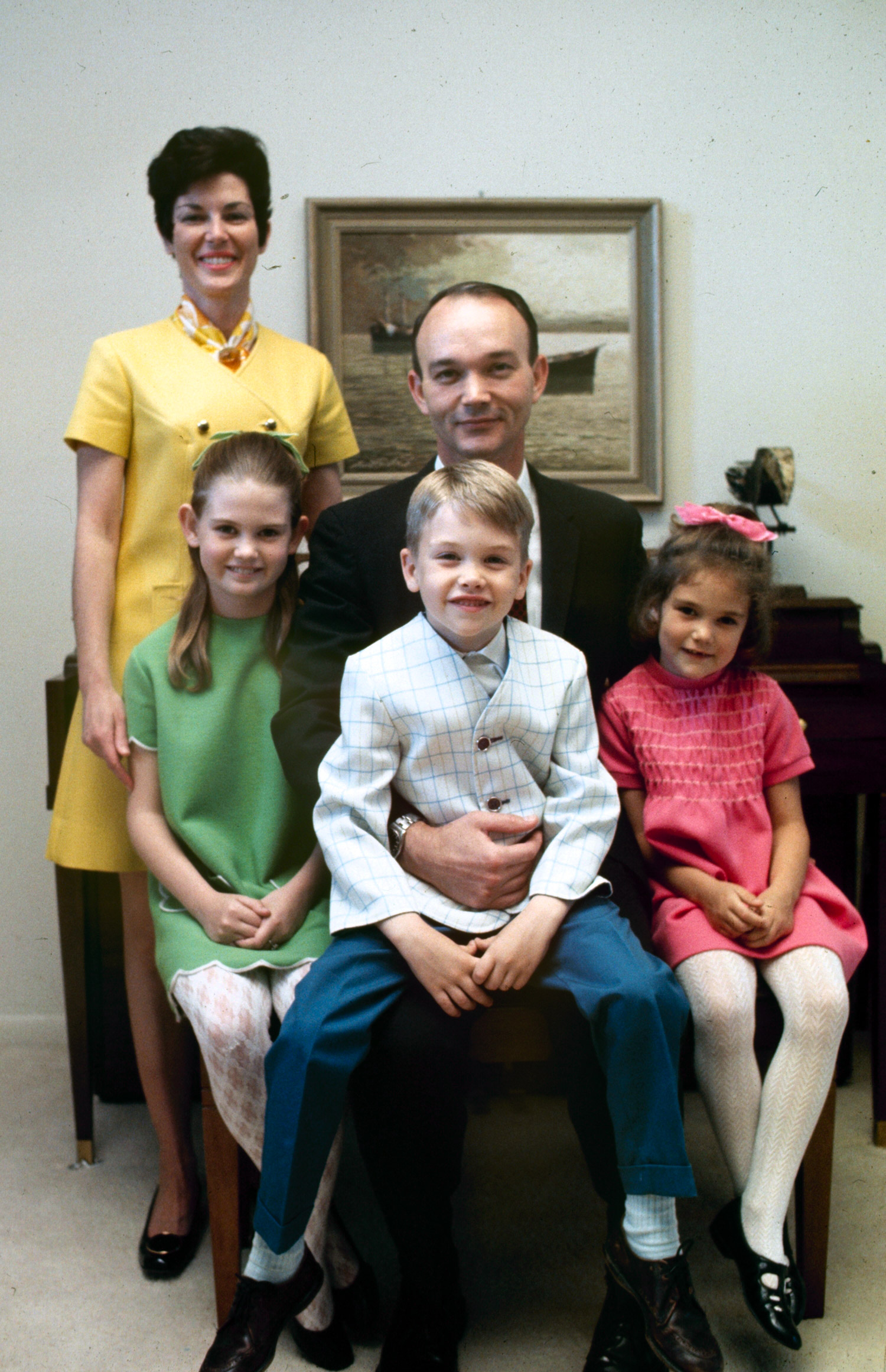
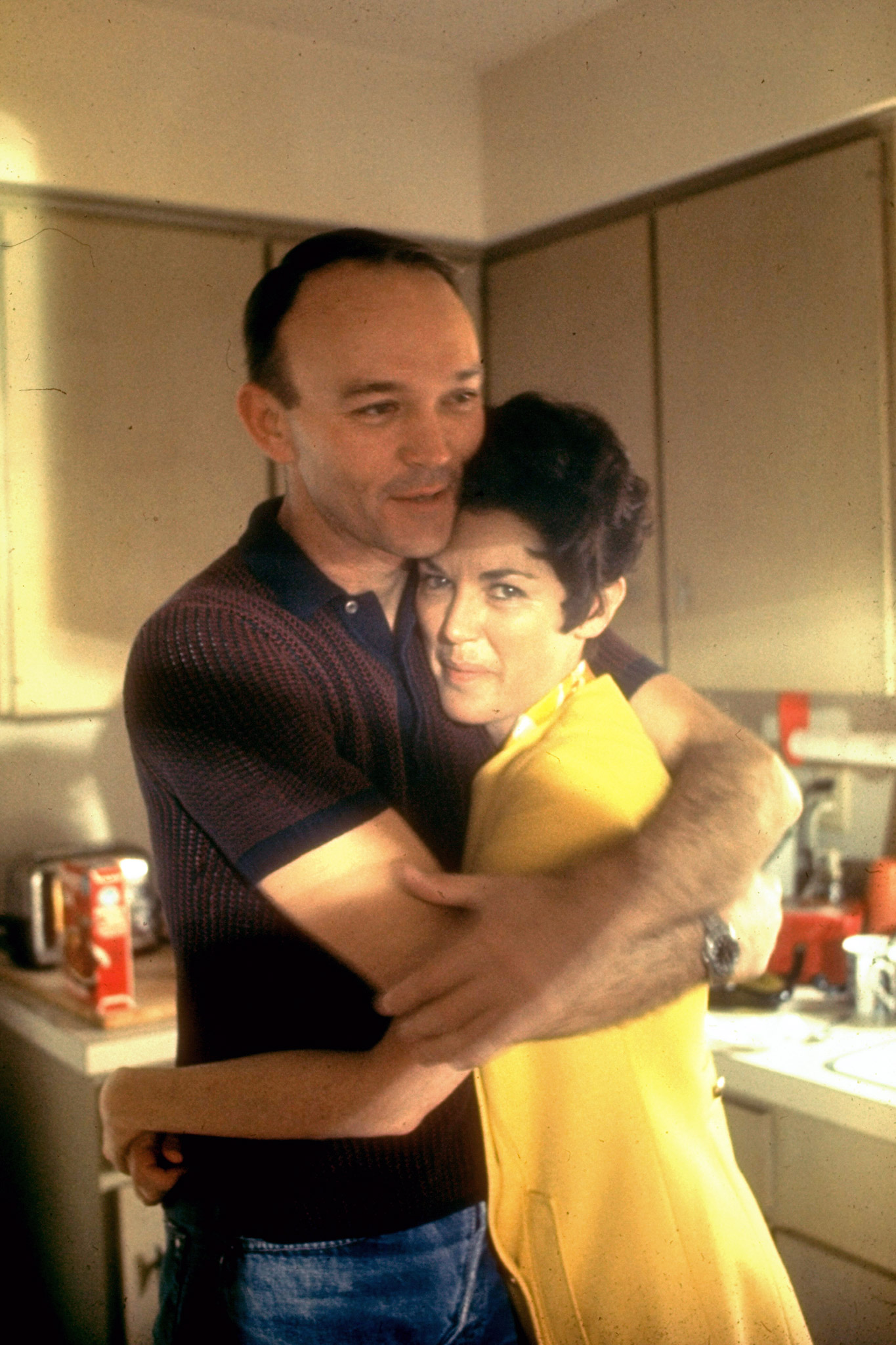
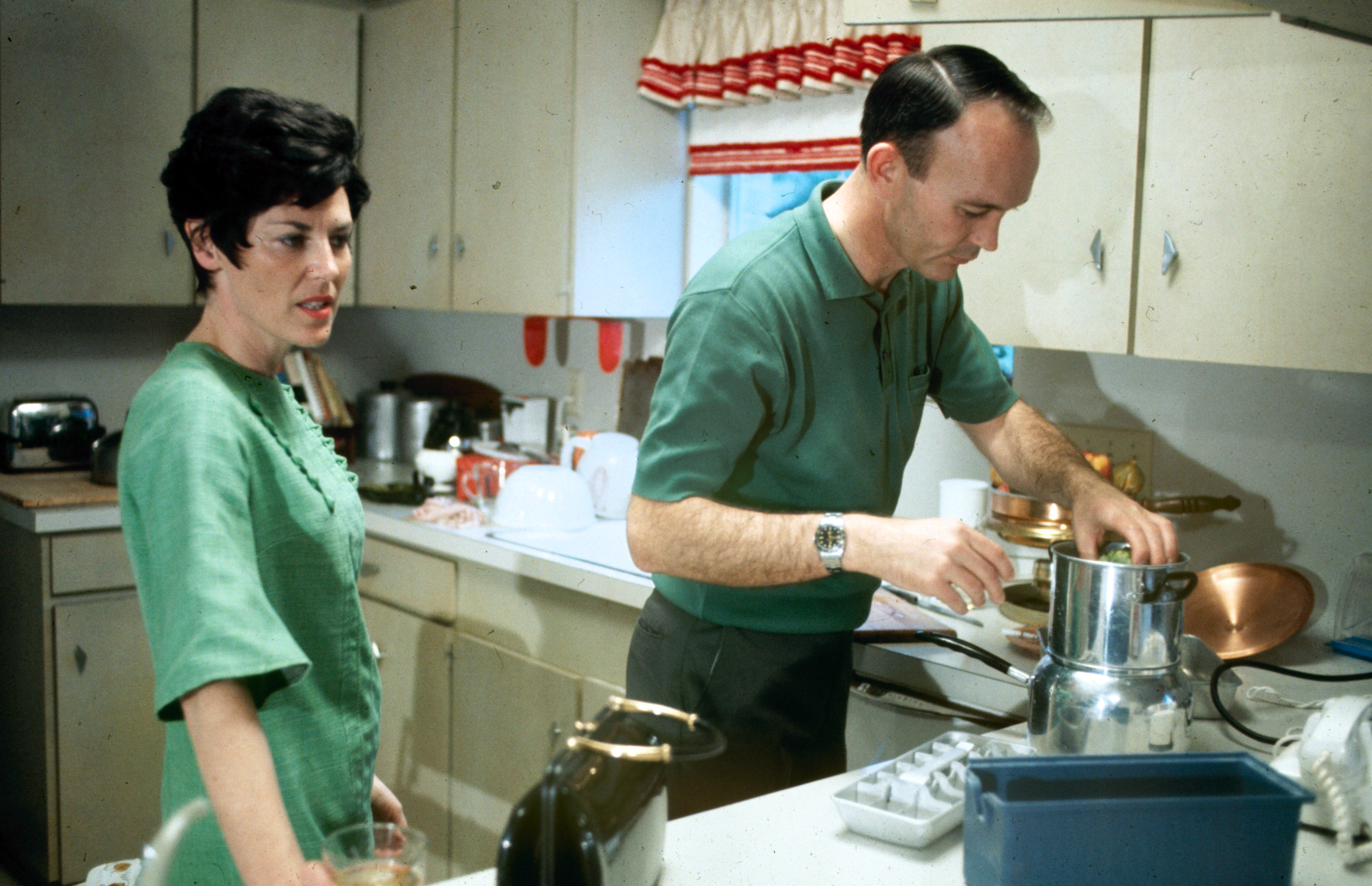
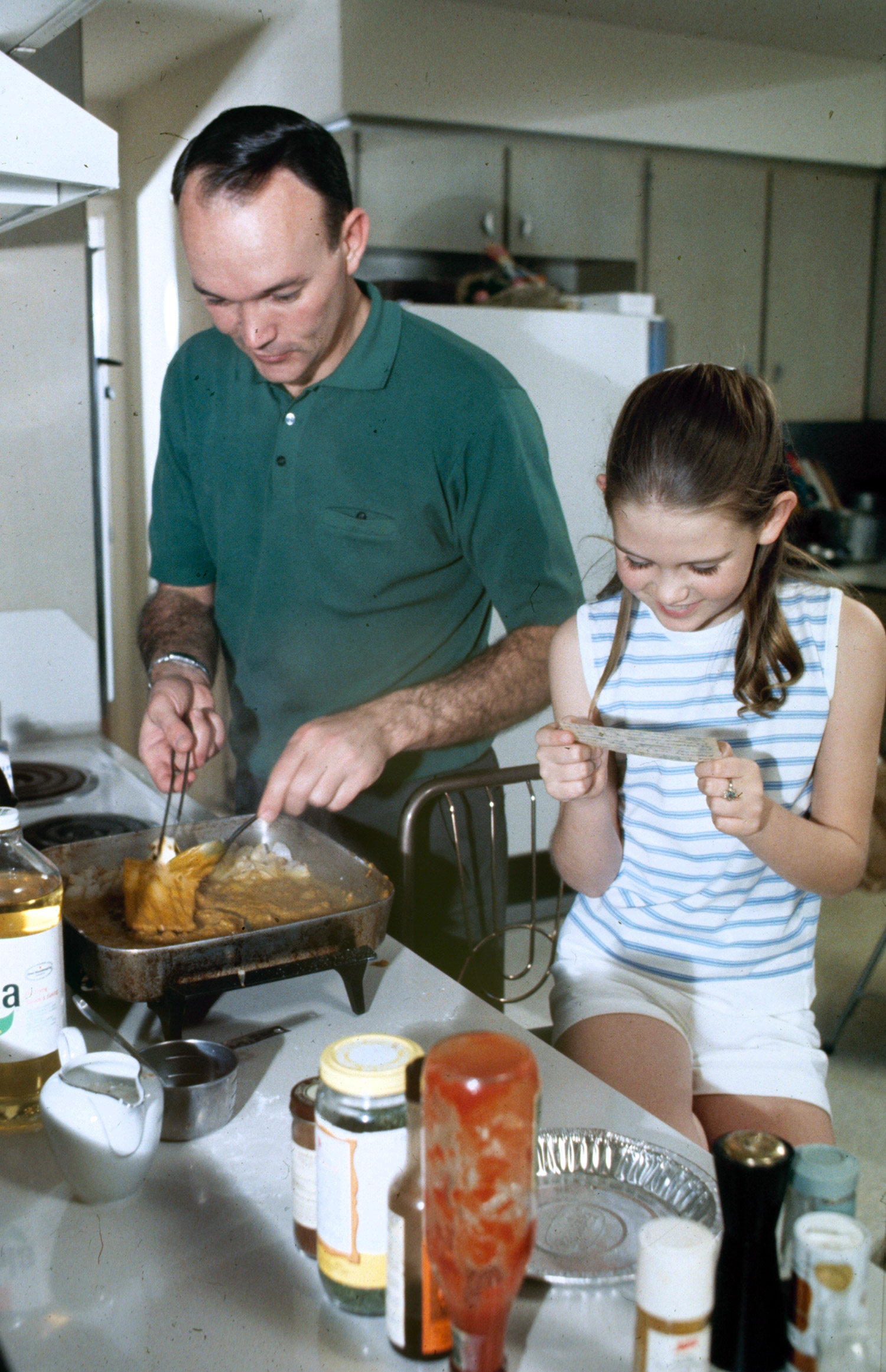
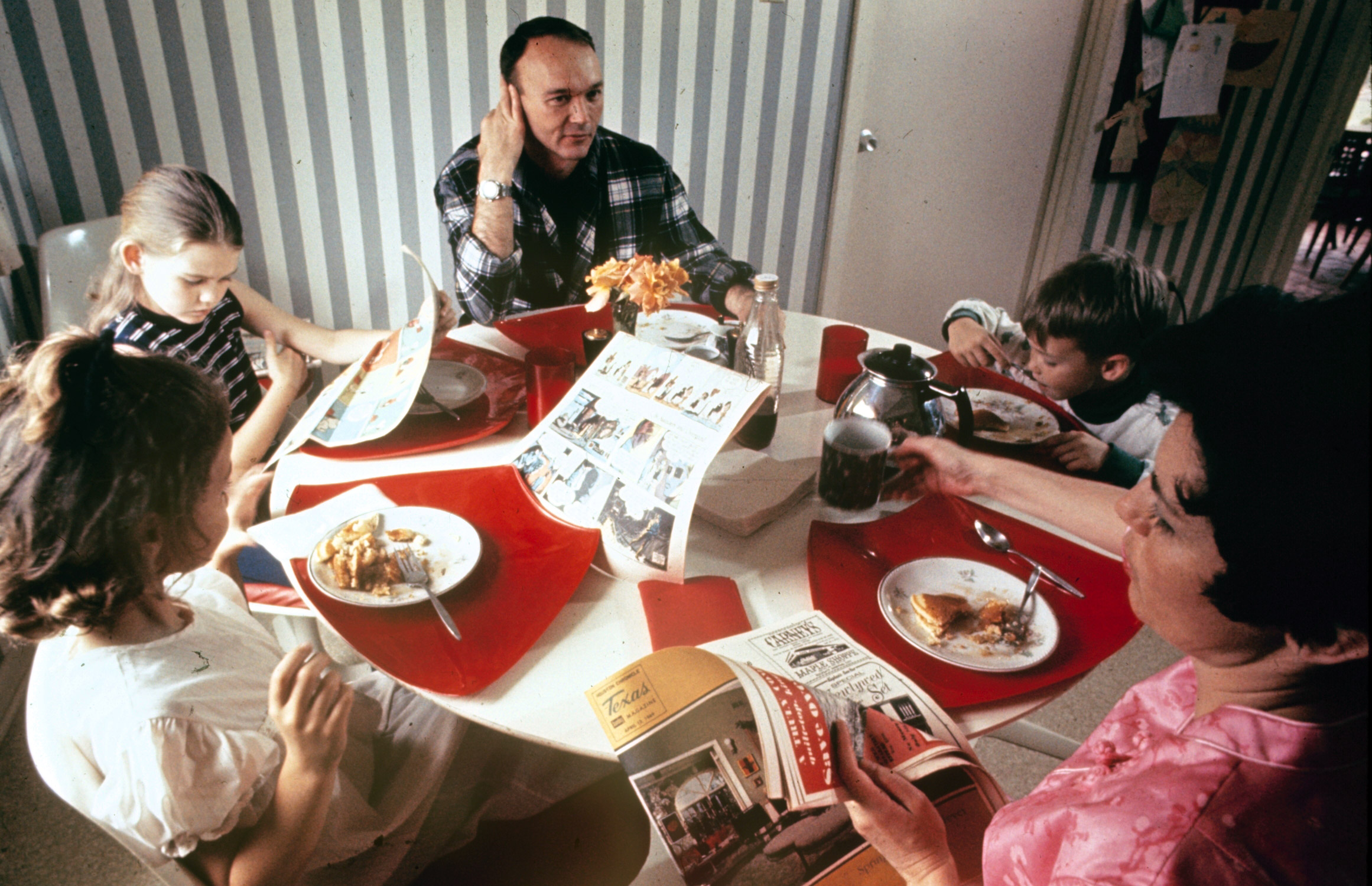
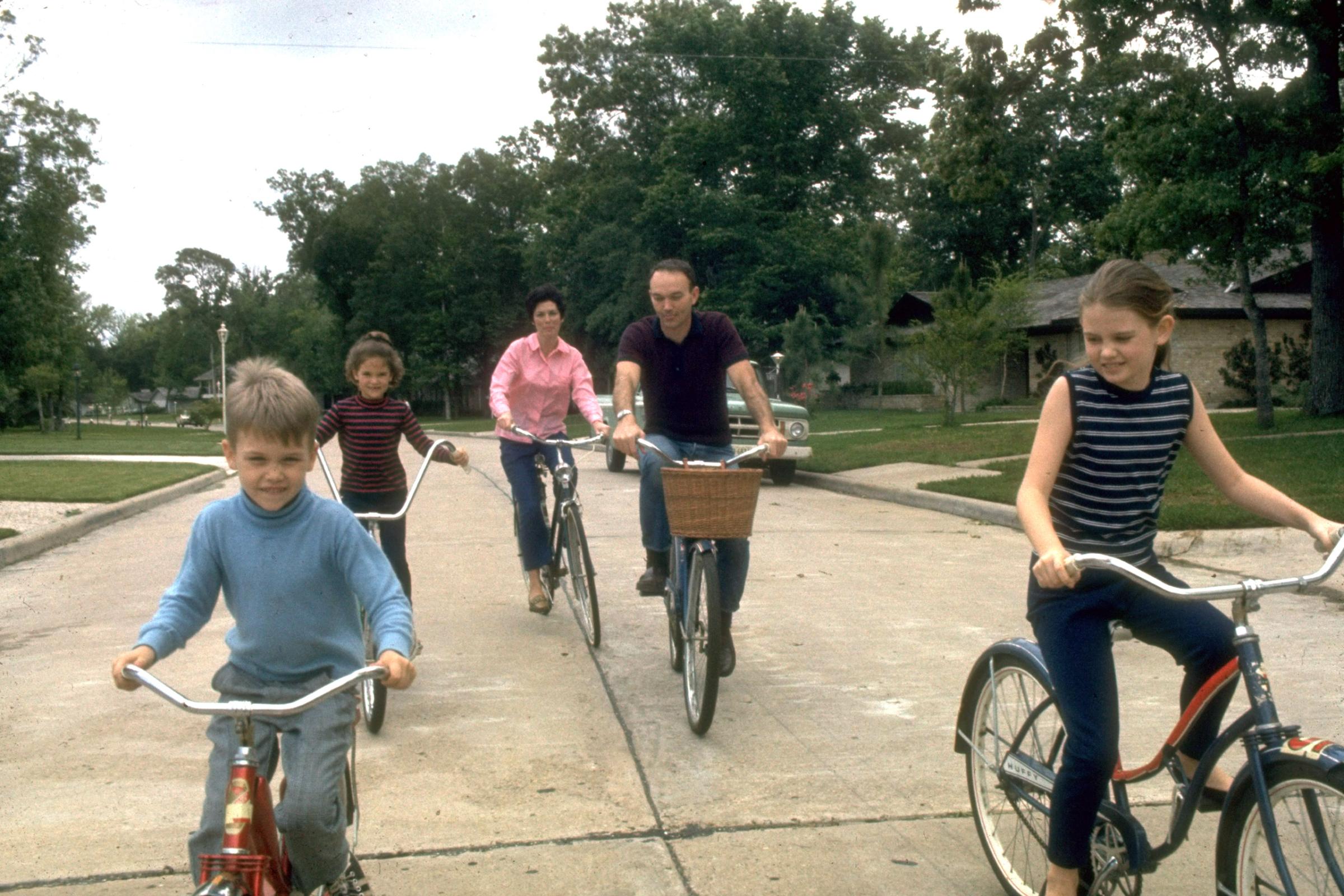

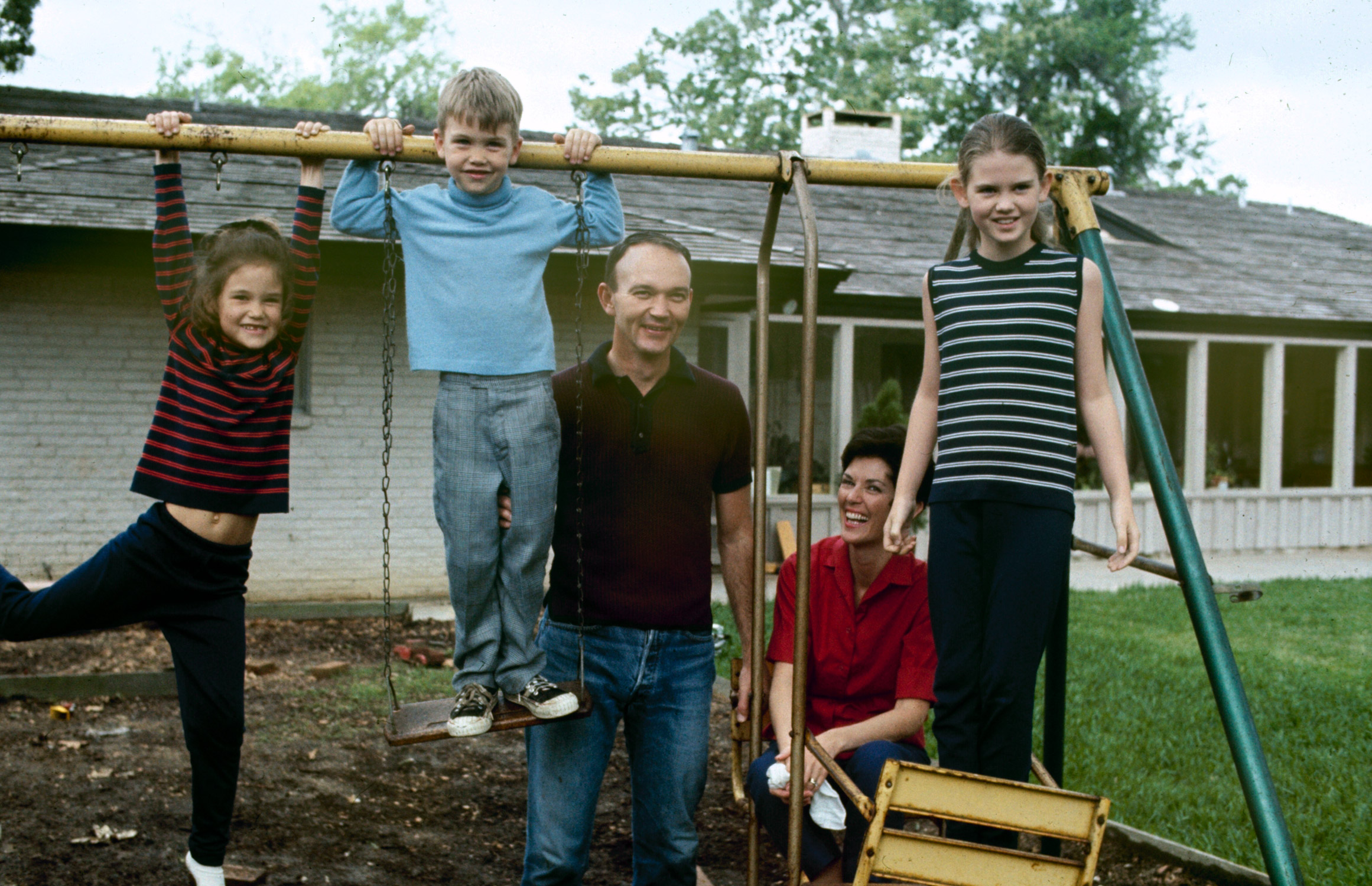
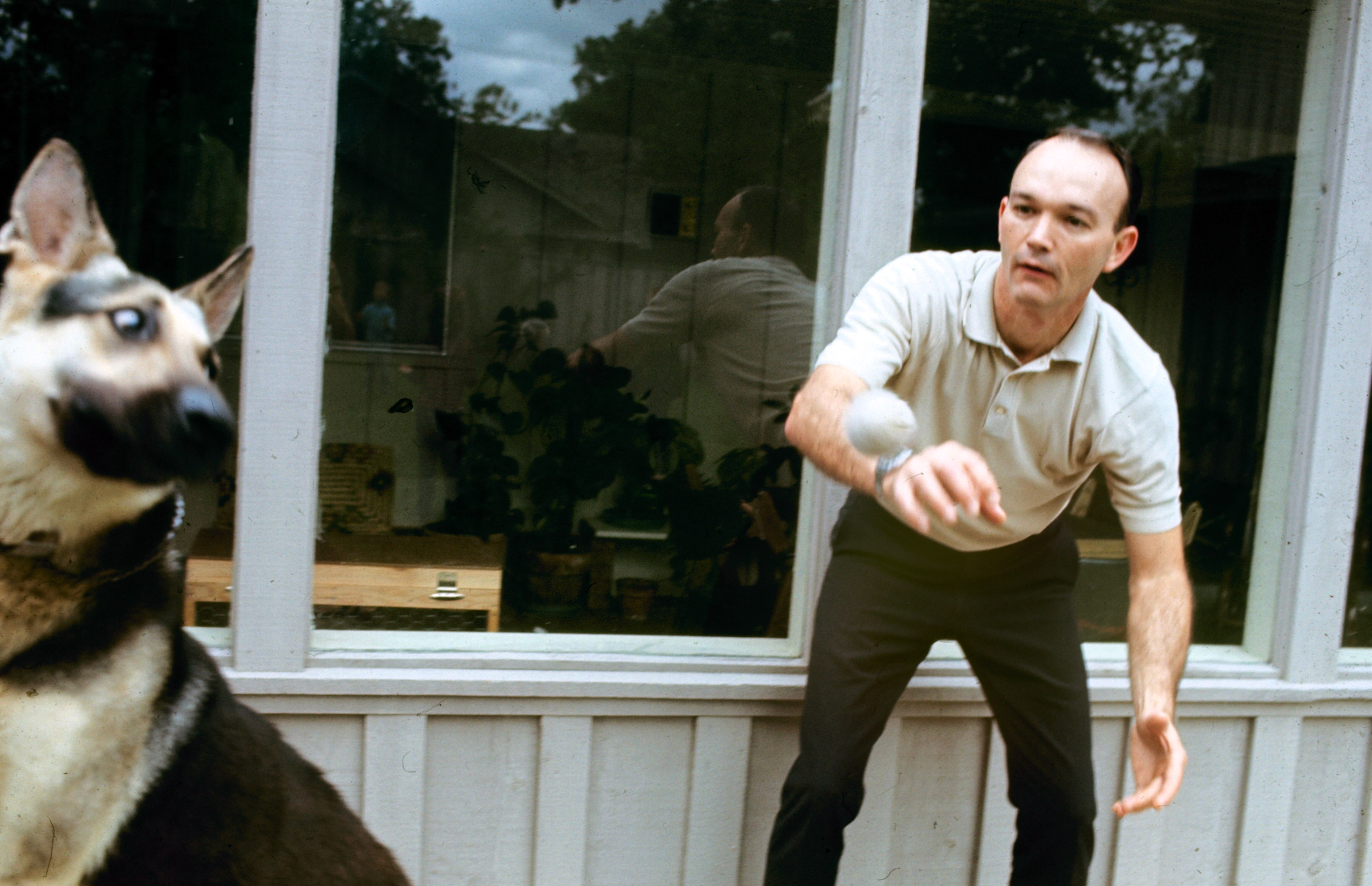
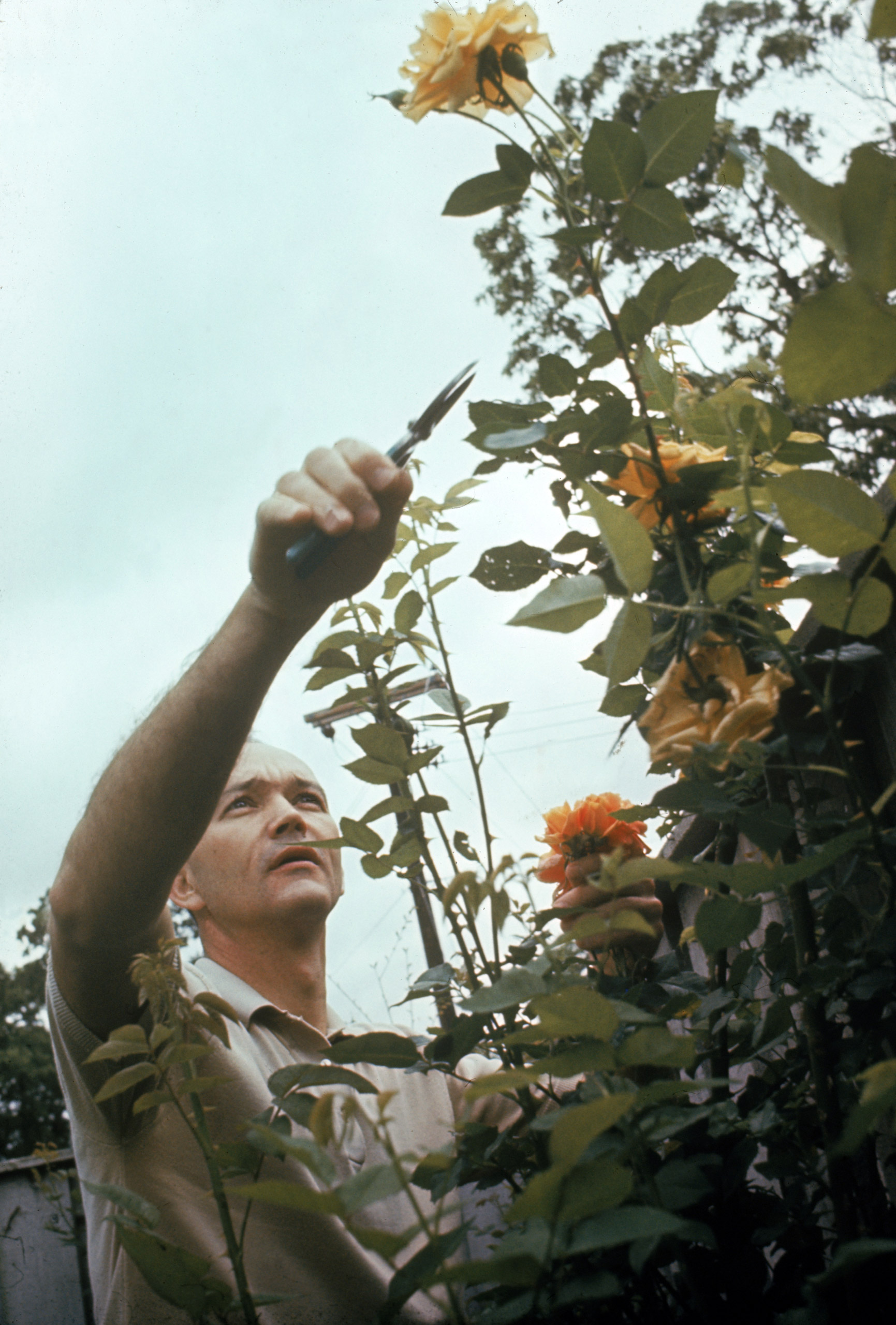
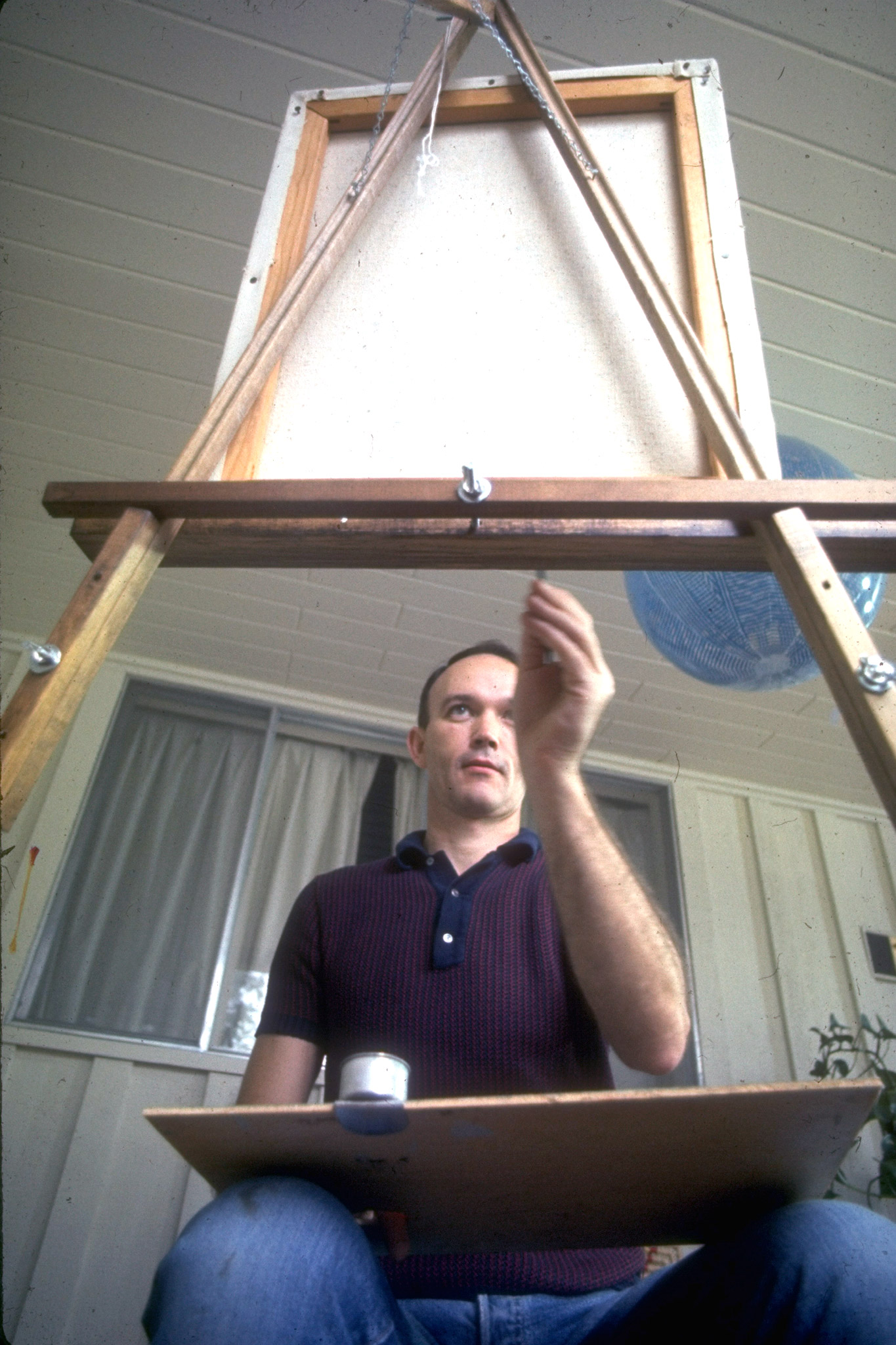
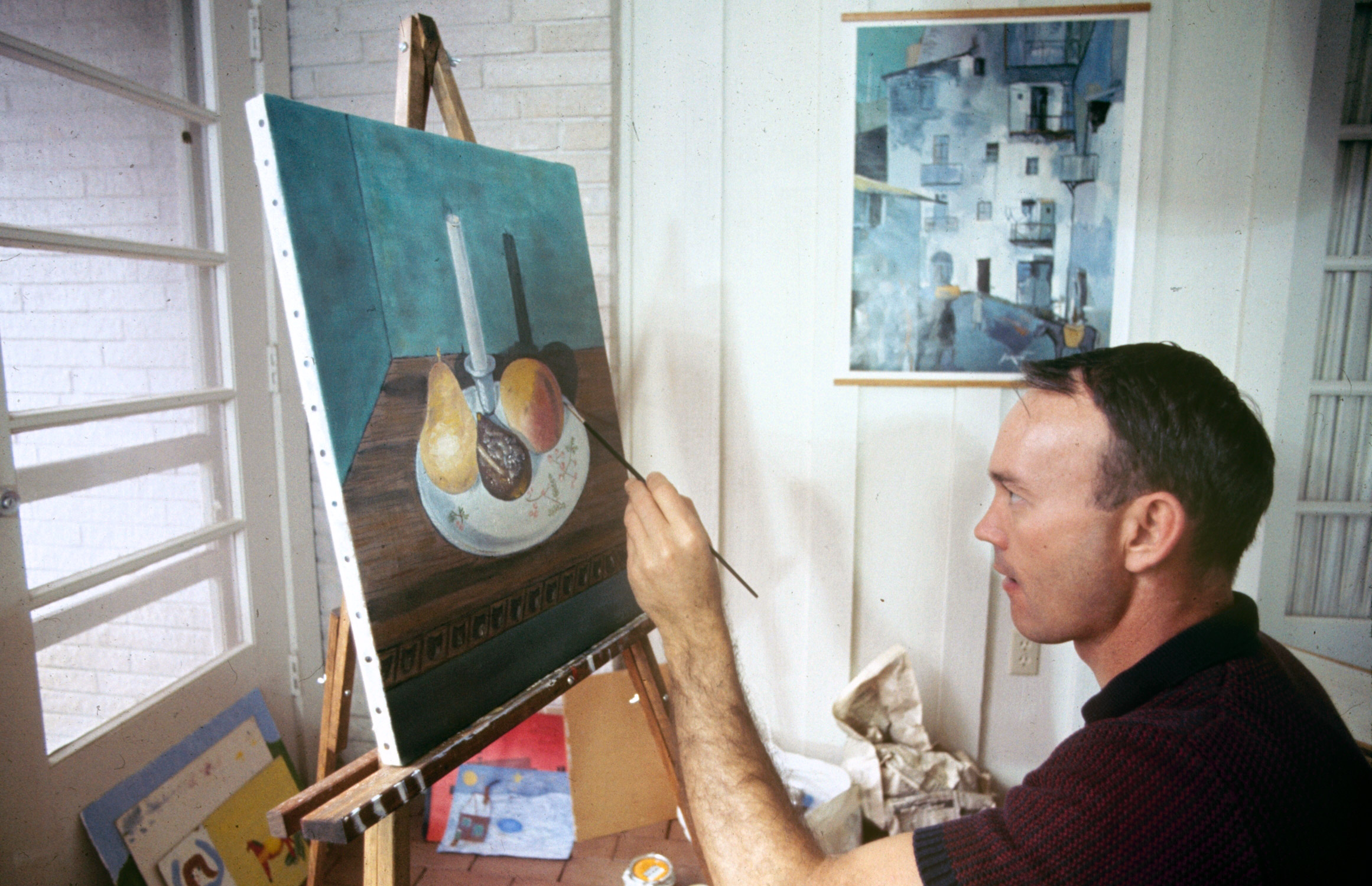

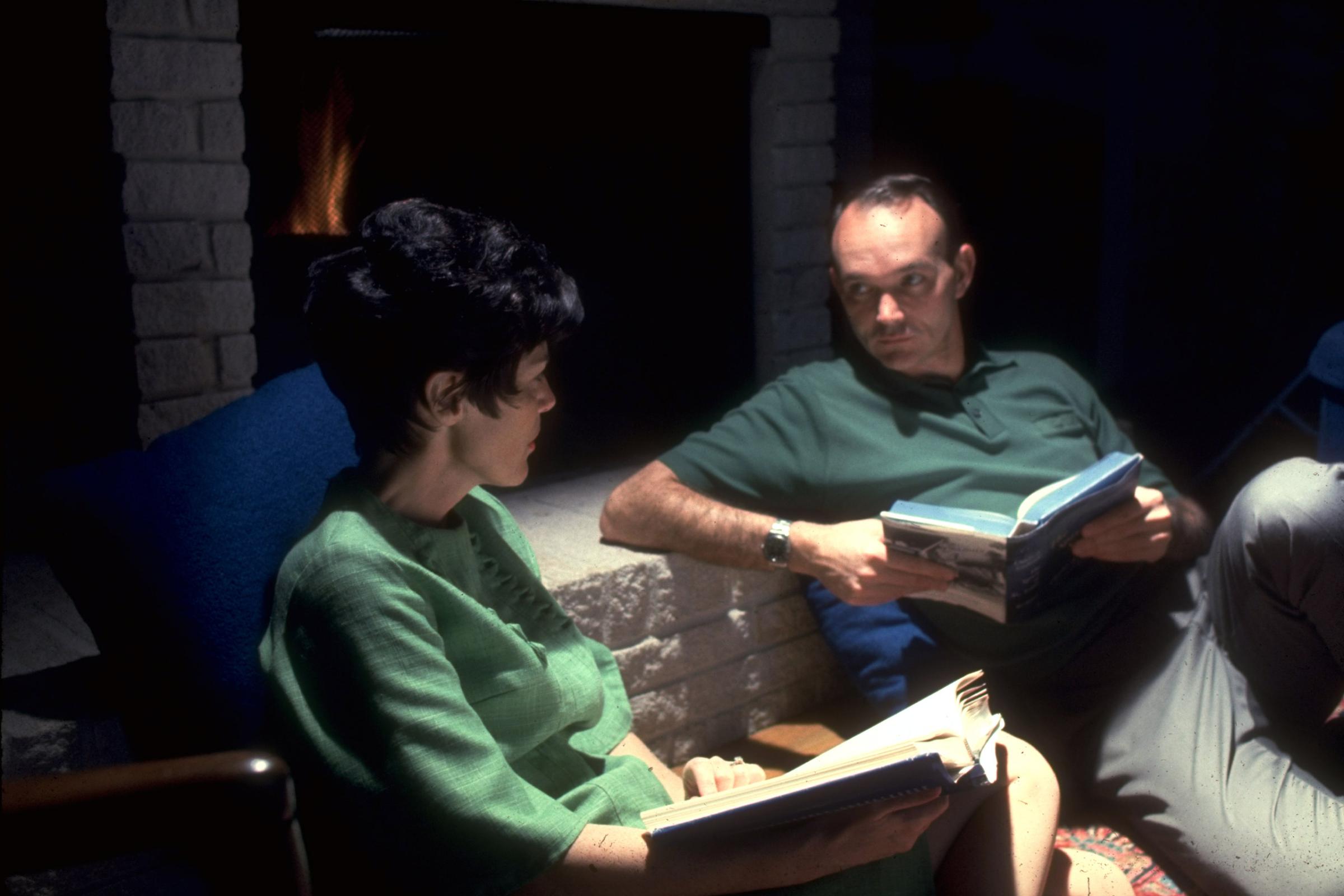
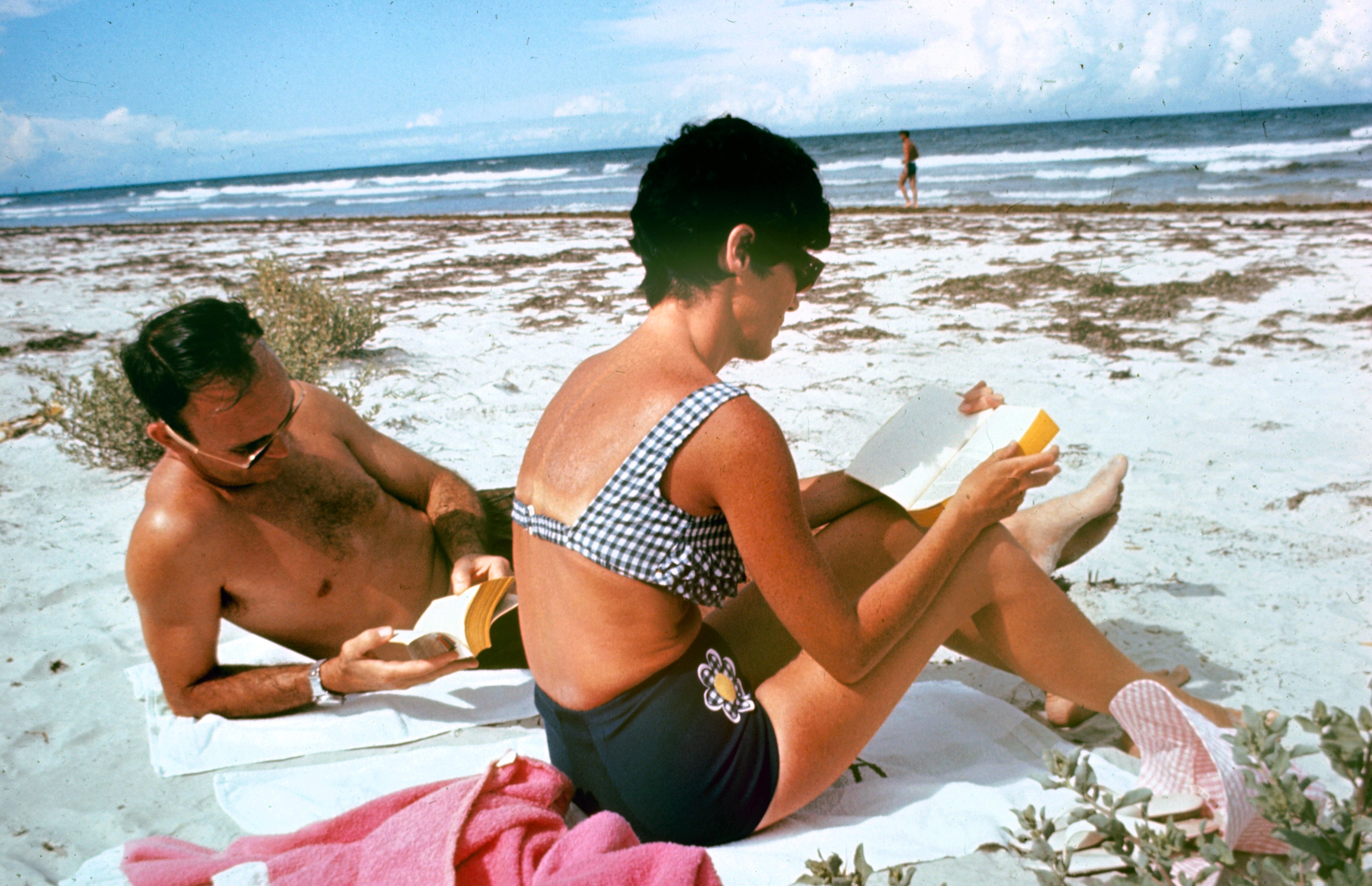

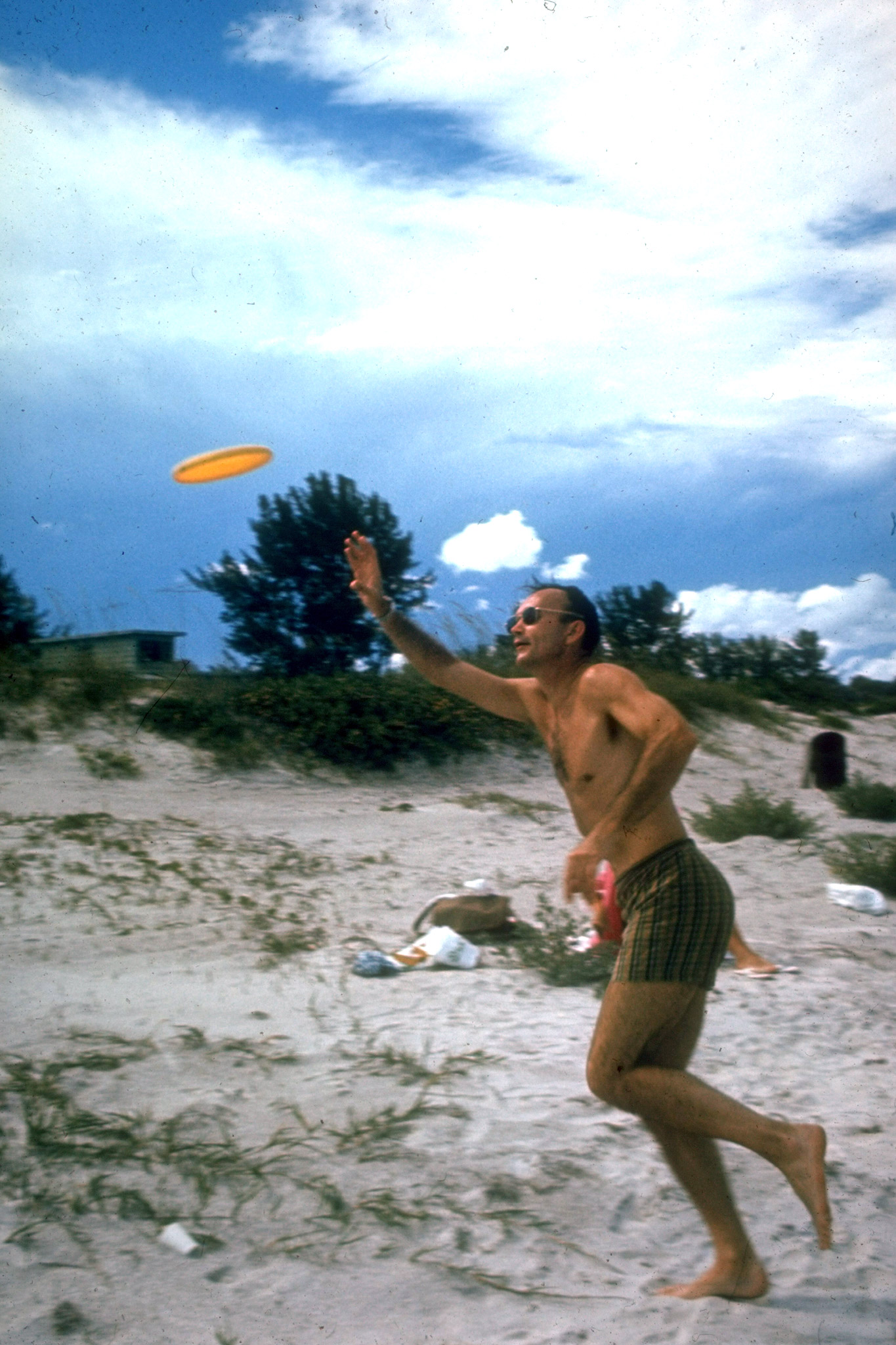
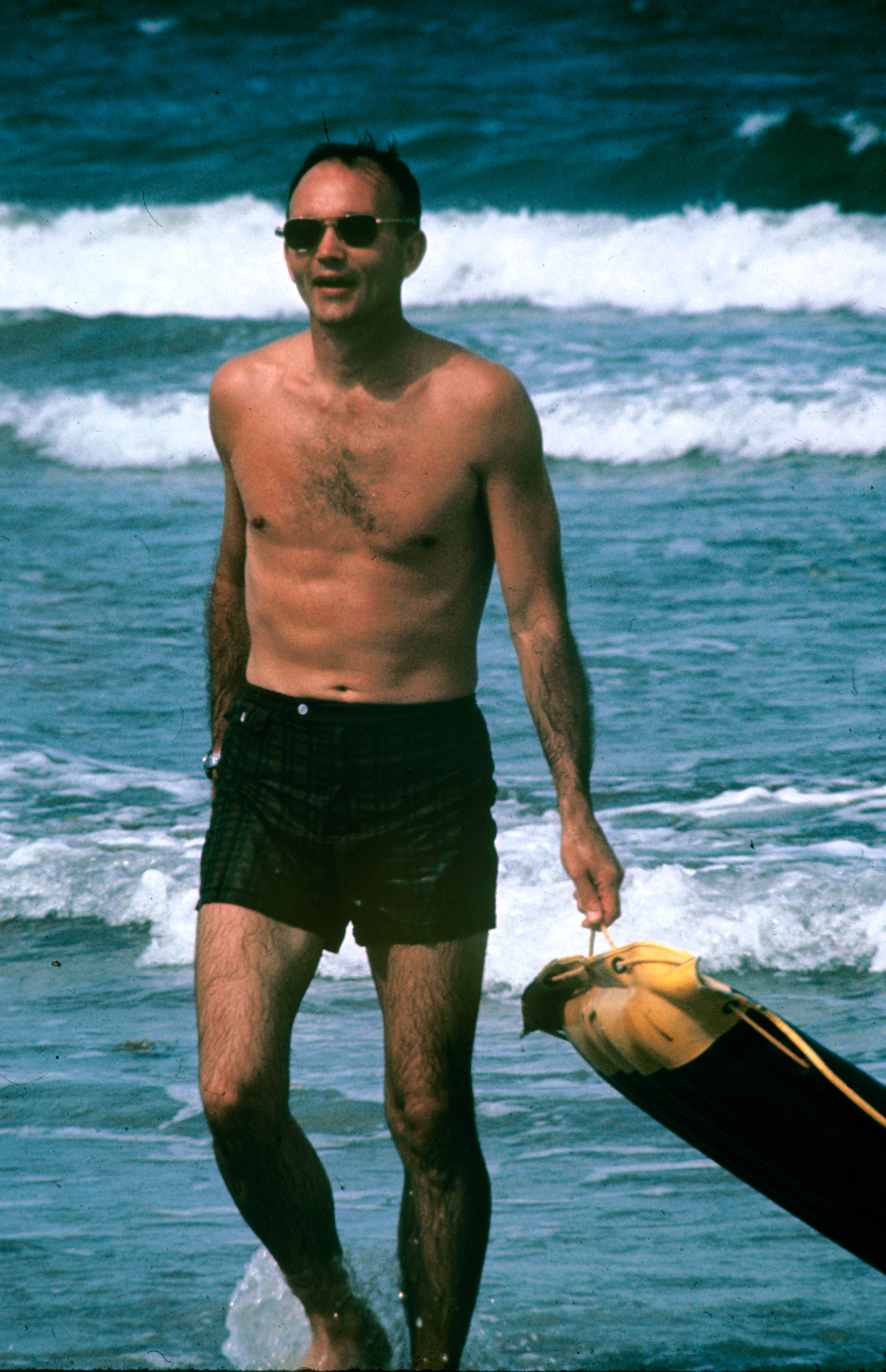
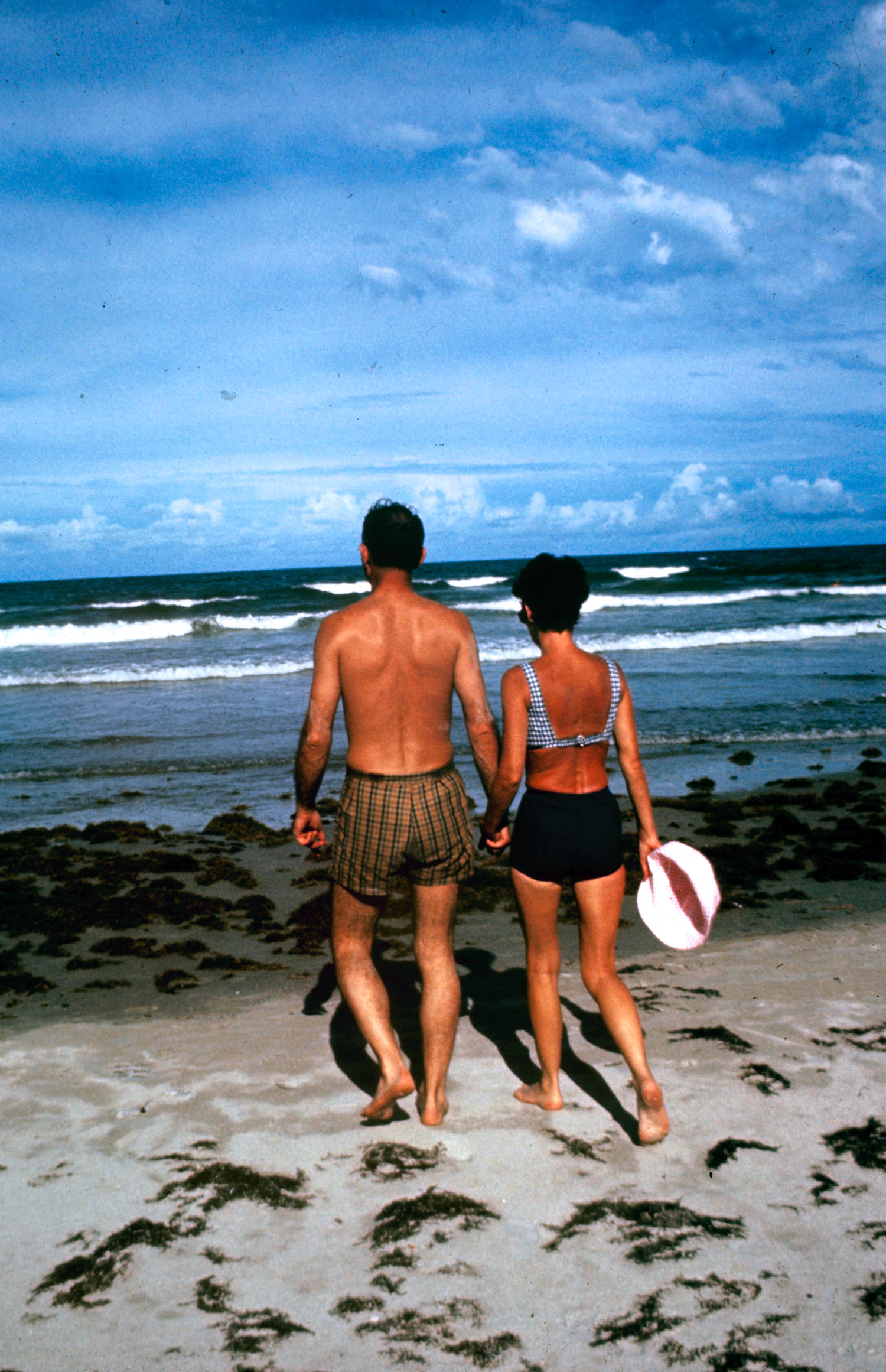
More Must-Reads From TIME
- The 100 Most Influential People of 2024
- The Revolution of Yulia Navalnaya
- 6 Compliments That Land Every Time
- What's the Deal With the Bitcoin Halving?
- If You're Dating Right Now , You're Brave: Column
- The AI That Could Heal a Divided Internet
- Fallout Is a Brilliant Model for the Future of Video Game Adaptations
- Want Weekly Recs on What to Watch, Read, and More? Sign Up for Worth Your Time
Write to Jeffrey Kluger at jeffrey.kluger@time.com